Directory
- Share
Paula Long
- Alumni
- United States
- 2010 MPhil Asian and Middle Eastern Studies
- Newnham College
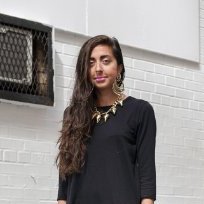
Paula Long
- Alumni
- United States
- 2010 MPhil Asian and Middle Eastern Studies
- Newnham College
I did my MPhil in Middle Eastern Studies with Prof. Yasif Suleiman as a Gates Scholar. Previous to this, I did my undergraduate at Duke University, and I worked in the Middle East as an artist in residence and at various social enterprises and startups. I am now a fashion designer in New York City, especially passionate about ethical, sustainable design and designing for social enterprises, as well as exploring the possibilities of new fashion technologies. I hope to eventually work on a design-based social enterprise in the MENA region to marry my passions and interests.
Dien Min Loong
- Alumni
- Malaysia
- 2023 MPhil World History
- St Catharine's College
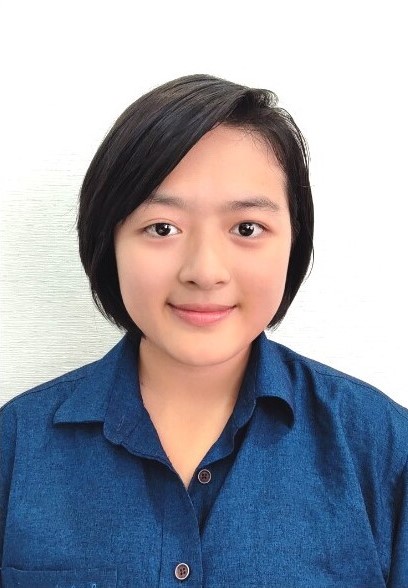
Dien Min Loong
- Alumni
- Malaysia
- 2023 MPhil World History
- St Catharine's College
Aspiring historian. My research interests lie in the transregional composition of legal and normative regimes of gender and sexuality across maritime Asia. Fascinated by the transmission of ideas across geopolitical boundaries, I study the nexus between law and sexual norms in the most intellectually, culturally and linguistically vibrant region in the world—Southeast Asia. I am part of Imagined Malaysia, a Malaysia-based non-profit organisation which aspires to cultivate a transnational appreciation of Southeast Asia’s history. At the University of Nottingham Malaysia, my BA thesis was on the lived experiences of Section 377 in pre-war British Malaya. My MPhil thesis takes a more critical view to challenge the purported hegemony of the colonial legal project in Malaya, examining the reception of Section 377 and 377A in multiethnic, multilingual and plural legal official and unofficial spaces. Since 2022, I have worked closely with senior academics, emerging scholars, and PhD students in archival research efforts in Malaysia and the United Kingdom. My interest in bridging academia and civil society has also motivated my involvement in advocacy efforts in Malaysia along the themes of historical literacy, inter-religious dialogue, and child rights, especially in the EU-funded #TanpaPerkauman public education project in 2021.
Previous Education
University of Nottingham Malaysia Campus Int. Relations with French 2022
Sunway College - 2019
Anna Lopatinskaya
- Alumni
- Russian Federation
- 2005 MPhil English & Applied Linguistics
- Fitzwilliam College

Anna Lopatinskaya
- Alumni
- Russian Federation
- 2005 MPhil English & Applied Linguistics
- Fitzwilliam College
I am happy to be awarded a Gates Cambridge Scholarship and to be admitted to the University of Cambridge. I hope to make lifelong friends in this wonderful academic community!
Stephanie Gabriela Lopez-Kessinger
- Alumni
- United States
- 2014 MPhil Latin American Studies
- Pembroke College

Stephanie Gabriela Lopez-Kessinger
- Alumni
- United States
- 2014 MPhil Latin American Studies
- Pembroke College
Stephanie (she/her/ella) is a visionary leader dedicated to transforming the public service landscape for Latinas in the United States. As the Executive Director at Latinas Represent, she leverages her personal journey as the daughter of Salvadoran immigrants and a first-generation college graduate to drive impactful change to create a more just and equitable democracy. She is a member of New Profit’s 2024 Civic Lab and served as a 2022 Aspen Institute SOAR Fellow.
Links
Rebecca Love
- Alumni
- Canada
- 2015 PhD Medical Science at MRC Epidemiology Unit
- King's College
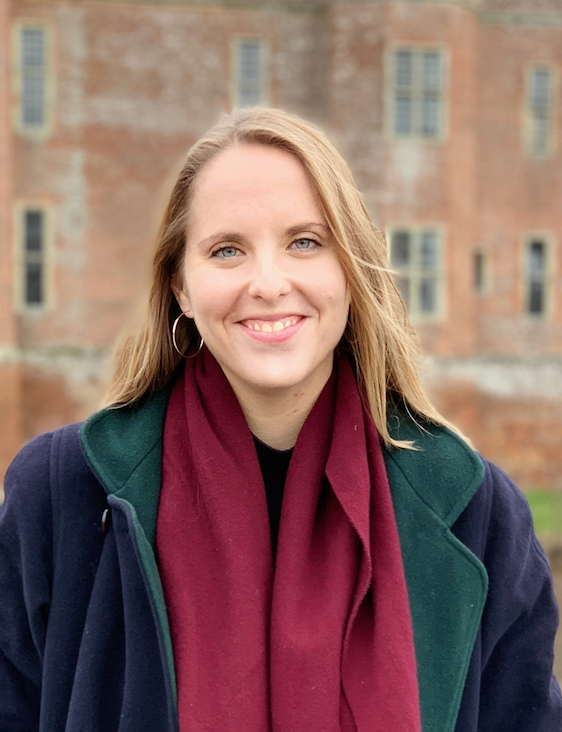
Rebecca Love
- Alumni
- Canada
- 2015 PhD Medical Science at MRC Epidemiology Unit
- King's College
Previous Education
Queen's University
University of Oxford
Runhao Lu
- Alumni
- China
- 2021 PhD Medical Science at the MRC Cognition and Brain Sciences Unit
- King's College
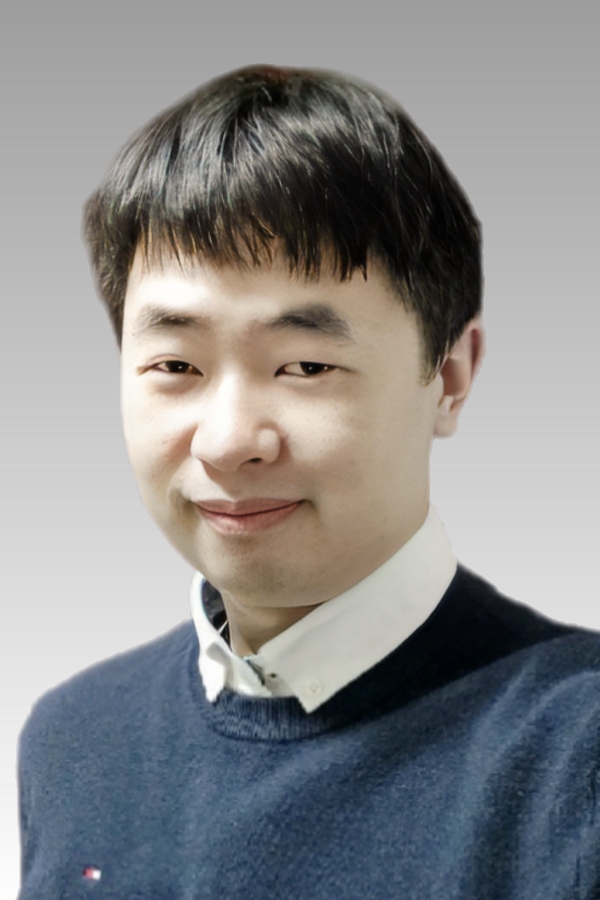
Runhao Lu
- Alumni
- China
- 2021 PhD Medical Science at the MRC Cognition and Brain Sciences Unit
- King's College
Growing up in Suzhou, a garden city with a splendid history in the east of China, I have always been interested in understanding how intelligence happens and how human brain works. During my undergraduate in Nanjing, I immersed myself in cognitive and developmental psychology and led a volunteer project for rural left-behind children, which influenced me to pursue another meaningful goal of improving the lives of underprivileged or left-behind children in rural areas by exerting my strengths in psychology and education. It was in my graduate period in the Chinese Academy of Sciences that I was exposed to Cognitive Neuroscience training. Captivated by the elegance of human brain, I firmly believe that it is my life career to be a neuroscientist. Thus, I decided to continue my journey with the passionate and outstanding scientists at Cambridge. During my PhD in Cognitive Neuroscience, I will further focus on the neural mechanism of cognitive control and the functional organization of human brain by using the combination of non-invasive brain stimulation and brain imaging in humans. I am profoundly honoured to be part of the Gates Cambridge community and I immensely look forward to working with others here to bettering the world.
Previous Education
University of Chinese Academy of Sciences Psychology 2021
Nanjing Normal University Psychology 2018
David Lucker
- Alumni
- Germany
- 2009 MPhil Human Evolutionary Studies
- St Edmund's College

David Lucker
- Alumni
- Germany
- 2009 MPhil Human Evolutionary Studies
- St Edmund's College
Anin Luo
- Alumni
- United States, Taiwan
- 2020 MPhil History & Philosophy of Science
- Jesus College
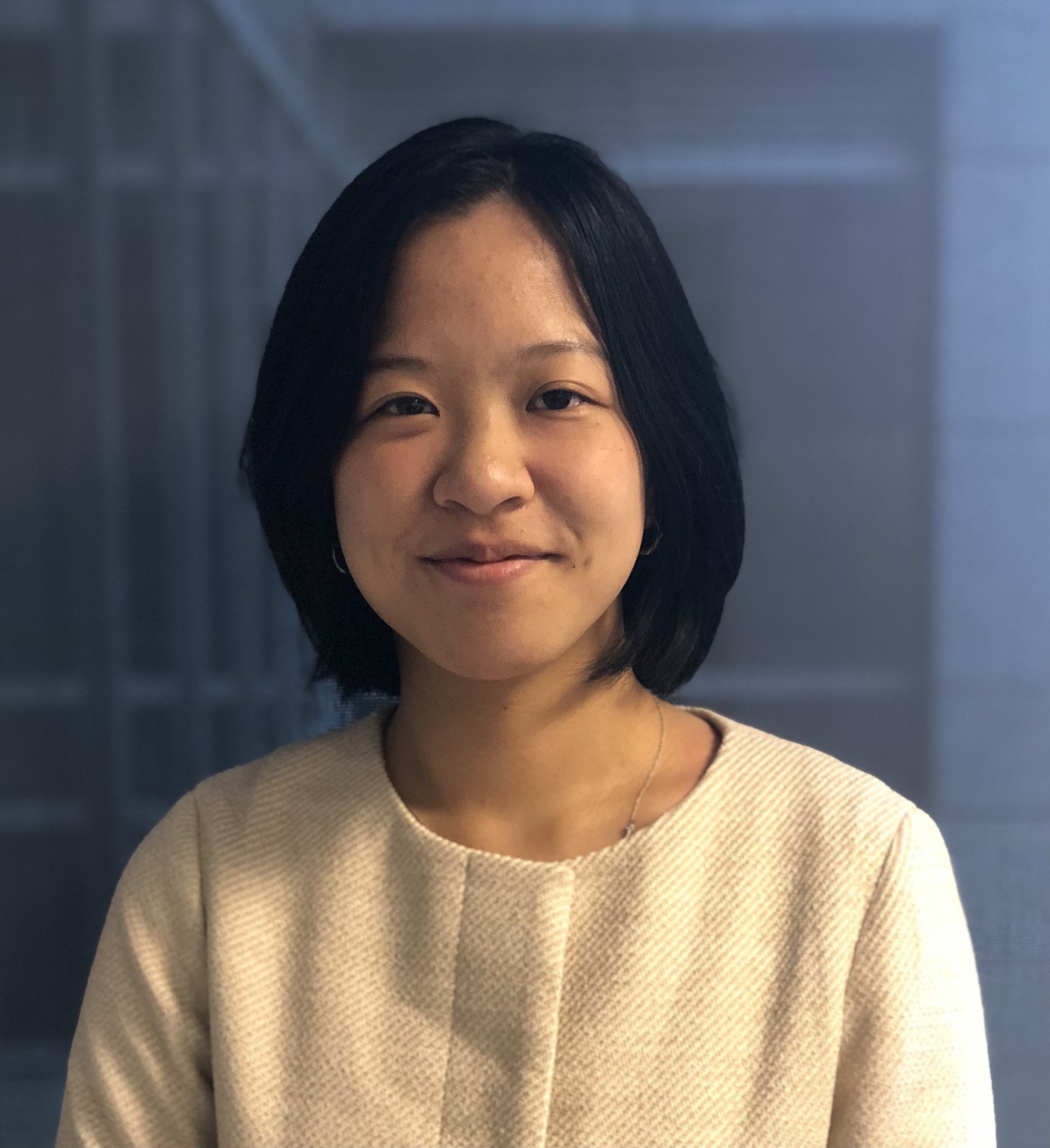
Anin Luo
- Alumni
- United States, Taiwan
- 2020 MPhil History & Philosophy of Science
- Jesus College
Anin received her MPhil in History and Philosophy of Science and Medicine in 2021, where she researched a variety of historical and philosophical topics around the modern life sciences, particularly related to animals and the environment. She is now pursuing her PhD in History of Science at Princeton University.
Previous Education
Yale University History; Mol Biophys & Biochem 2020
Andrea Luppi
- Alumni
- Italy
- 2017 MPhil Medical Science at the Department of Clinical Neurosciences
2019 PhD Clinical Neurosciences - Christ's College
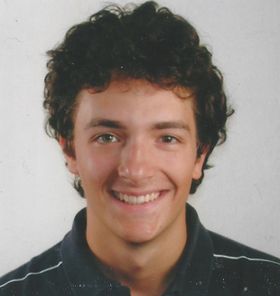
Andrea Luppi
- Alumni
- Italy
- 2017 MPhil Medical Science at the Department of Clinical Neurosciences
2019 PhD Clinical Neurosciences - Christ's College
I grew up in a small town halfway between Milan and the Italian Alps, but I earned my BA degree in Psychology and Philosophy from the University of Oxford, followed by graduate work in cognitive science and neuroscience. I see myself and my work as trying to bridge the gap between mind and matter: building on my MPhil work at Cambridge, my PhD in Clinical Neurosciences will apply measures from network science and information theory to study the brain across multiple states of altered consciousness – such as sleep, anaesthesia and vegetative state. Ultimately, I would like to develop a unified understanding of how consciousness is lost, and how we can promote its recovery in patients. I am also committed to communicating what we know about the brain and the mind, both across disciplines and to the wider public - especially when such knowledge is relevant for mental health. These issues are still surrounded by misunderstanding and stigma, and I believe that accessible knowledge is the best antidote. I also feel that providing this is one of my responsibilities as a scientist: as part of humanity’s quest to gain a more accurate understanding of ourselves and the world we live in, science should not be confined to the lab, and neither should our passion as scholars. I am very excited to be re-joining the community of Gates Scholars at Cambridge: I hope that this incredible experience will allow us to draw inspiration from each other’s work, passion, and perspectives.
Previous Education
University of Cambridge Clinical Neuroscience 2018
Oxford University Neuroscience 2017
Catthi Ly
- Alumni
- United States
- 2022 MPhil Health, Medicine & Society
- Fitzwilliam College
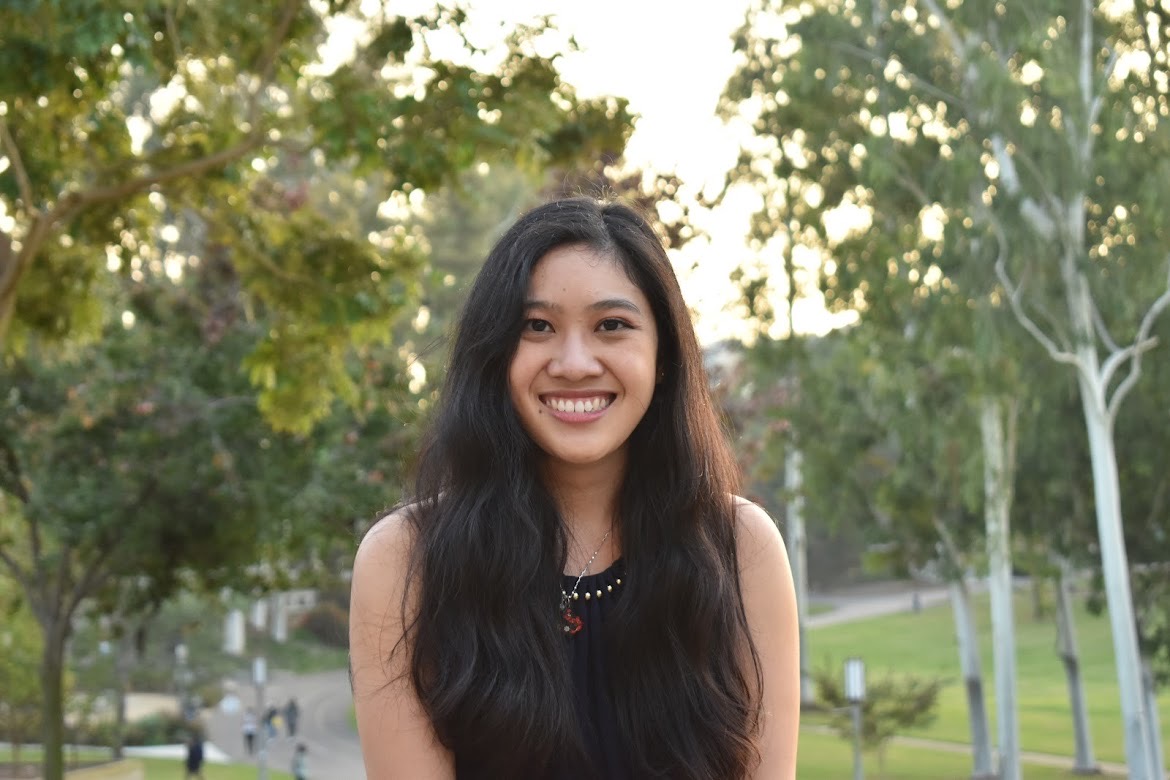
Catthi Ly
- Alumni
- United States
- 2022 MPhil Health, Medicine & Society
- Fitzwilliam College
I grew up in Orange County, California, where I also completed my undergraduate education at the University of California, Irvine with degrees in Human Biology and Anthropology with a minor in the History and Philosophy of Science. Over the past few years, I have had the opportunity to conduct research in neuroscience, philosophy, and public health. Through my interdisciplinary education, research, and work with local nonprofits in Southern California, I became familiar with the intricate interplay between human health and social structures. I learned how political disenfranchisement parallels the inability to access healthcare, and how oftentimes, our postal codes exert more influence over our health outcomes than our genetic codes. During my time as an MPhil student in Health, Medicine, and Society, I will research how medical uncertainty—especially in the case of chronic illnesses such as cancer—complicates the achievement of health equity and how decision-making changes when we reach the scientific limits of medicine. I am humbled to be a part of this community, and as an aspiring physician-anthropologist, I will use my experience as a Gates-Cambridge scholar to work to make healthcare accessible to all.
Previous Education
University of California Irvine Human Biology; Anthropology 2021
Andrew Lynch
- Alumni
- United States
- 2008 PhD Chemical Engineering
- King's College
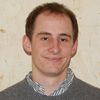
Andrew Lynch
- Alumni
- United States
- 2008 PhD Chemical Engineering
- King's College
After growing up in Southeast Asia, I became a proud citizen of Southeastern Kentucky at the beginning of my high school years. I studied Chemical Engineering at the University of Kentucky and as an undergraduate took part in several engineering research projects around the United States. Balancing my scientific work, I enjoyed studying the humanities as a Gaines Fellow. At Cambridge I am pursuing a PhD in Chemical Engineering with the Biosciences Engineering group under Professor Nigel Slater. With my work at Cambridge as a foundation, I intend to help bridge the gap between academic investigation and useful technology.
Bingnan Lyu
- Alumni
- China
- 2019 PhD Medicine
- Clare Hall
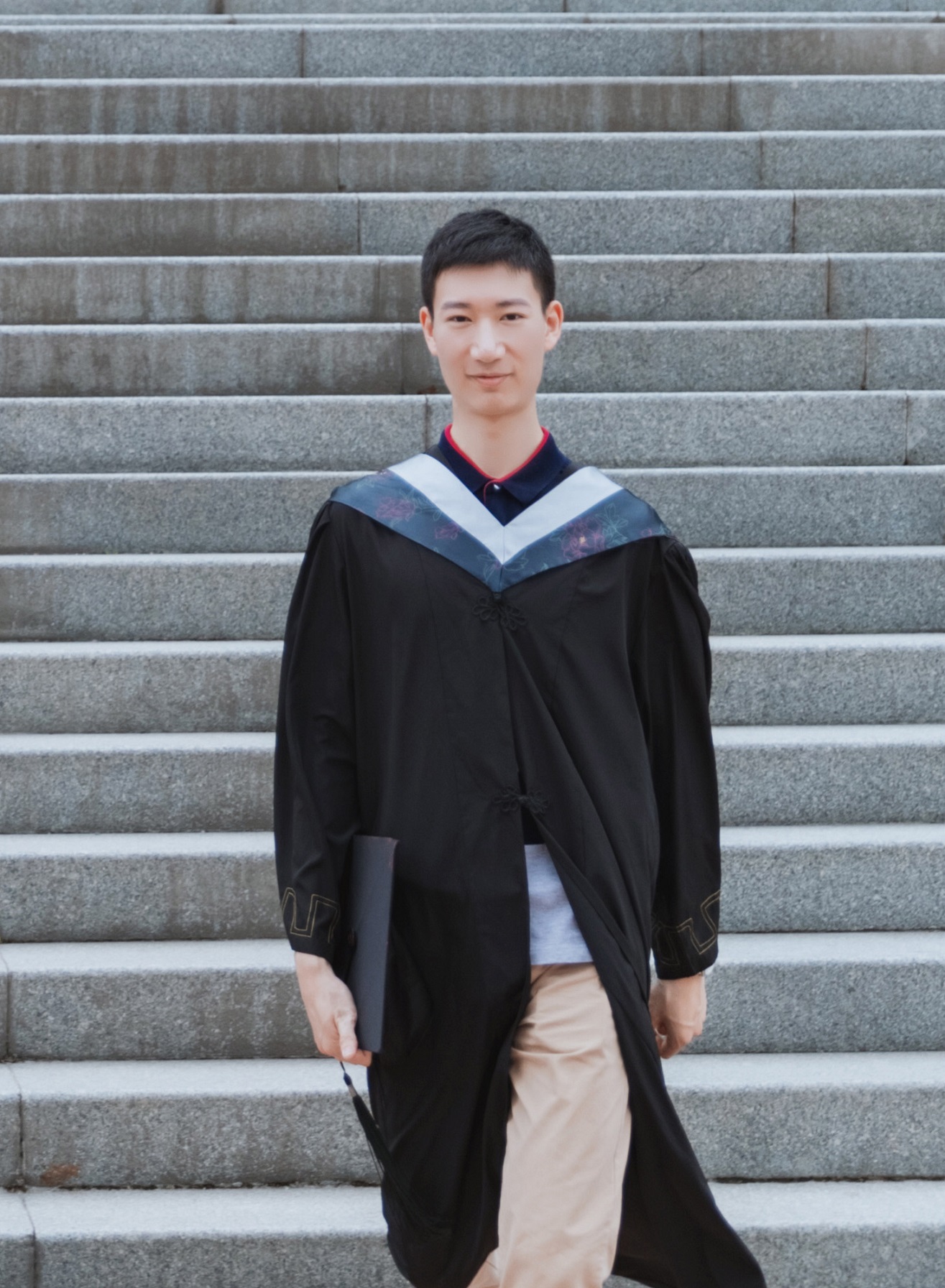
Bingnan Lyu
- Alumni
- China
- 2019 PhD Medicine
- Clare Hall
Out of the curiosity of cell signalling, I chose biological sciences as my major in Xiamen University and got the admission to the Beutler Institute, where the training of genetics and immunology presented me the promising future of precision medicine as an alternative treatment of infectious diseases. Specific genetic variations among the population can disrupt host immunity and confer vulnerability to certain infectious diseases. Studying genes that participate in immune responses, therefore, enables us to develop novel therapies targeting related pathways and apply them to patients carrying those mutations. In my PhD study, I will focus my research on tuberculosis, a continuous threatening disease for the human being, especially in developing areas. By identifying genes that affect the host susceptibility to mycobacterial infection and revealing their functions in pathogenesis, discoveries will be likely to promote our understanding in the fundamental mechanisms of our immune system, and shed light on host genotype-specific therapies to the tuberculosis infection, which enable patients to receive personalized treatment with lowest cost but highest efficiency. It is a great honour of being one of Gates scholars and joining the community with the shared commitment for benefiting others. I hope my endeavour will contribute to diminishing the inequality of medical treatments around the world.
Previous Education
Xiamen University Biological Sciences 2018
Clara Ma
- Scholar
- United States
- 2021 PhD Land Economy
- Selwyn College

Clara Ma
- Scholar
- United States
- 2021 PhD Land Economy
- Selwyn College
My research at the Cambridge Centre for Environment, Energy and Natural Resource Governance focuses on climate change mitigation, transportation, and food sustainability.
Yuntong Ma
- Alumni
- United States
- 2015 MPhil Sociology
- St John's College

Yuntong Ma
- Alumni
- United States
- 2015 MPhil Sociology
- St John's College
I graduated from Columbia University with a BA in Neuroscience and Behavior and am currently a medical student at Washington University School of Medicine. My research interests lie at the intersection of medicine, technology and society, with a focus on imaging technology and global health. My MPhil dissertation research focused on the development of the CRISPR-Cas9 system, a genome-editing technology, its translational applications, and potential for human germline modification. I am interested in the critical analysis of and formulation of frameworks for inclusive and interdisciplinary discourse that bridges the medical and research communities, regulatory bodies, and the wider public to inform equitable and responsible uses of advancing medical technologies.
Previous Education
Columbia University
Washington University
Nicholas-Jacomo Macaluso
- Alumni
- United States
- 2006 PhD Chemistry
- Darwin College
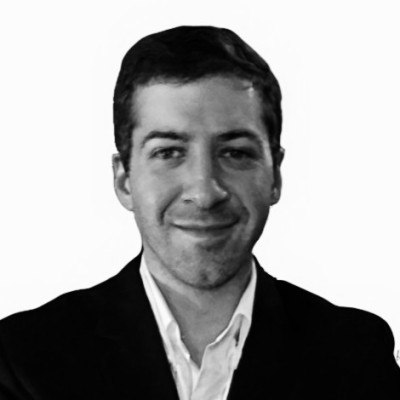
Nicholas-Jacomo Macaluso
- Alumni
- United States
- 2006 PhD Chemistry
- Darwin College
Previous Education
Hobart and William Smith Colleges B.S. Chemistry with concentration in biochemistry 2006
Links
Julie MacArthur
- Alumni
- Canada
- 2006 PhD History
- Trinity Hall
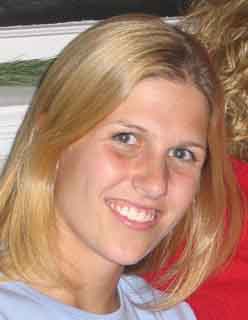
Julie MacArthur
- Alumni
- Canada
- 2006 PhD History
- Trinity Hall
My research focuses on ethnicity and border conflicts in Colonial Kenya. I hope to use this research not only to further our understanding of history in Africa, but also to gain insights into the current conflicts facing the continent. Special thanks to the Gates, Trinity Hall, and my family for their continued support of my research.
Katherine MacCord
- Alumni
- United States
- 2009 MPhil Human Evolutionary Studies
- Churchill College
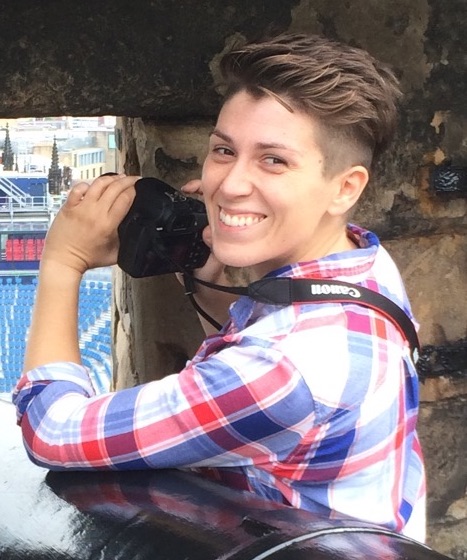
Katherine MacCord
- Alumni
- United States
- 2009 MPhil Human Evolutionary Studies
- Churchill College
I am the Program Administrator and McDonnell Fellow at the Marine Biological Laboratory in Woods Hole, MA, where I run the McDonnell Initiative. Our goal, in the McDonnell Initiative, is to bring historians and philosophers of science into collaboration with life scientists in order to transform the research of both fields.
My research in history and philosophy of science aims to uncover historically entrenched assumptions in current science and explore the repercussions of these assumptions. My goal is to use history and philosophy of science to transform and accelerate scientific research. My focus is on germline research and human genome editing.
Marta Machala
- Alumni
- Poland
- 2006 BAaff English Studies
- Wolfson College

Marta Machala
- Alumni
- Poland
- 2006 BAaff English Studies
- Wolfson College
I am studying English Literature as an undergraduate affiliated student. My main areas of interest are Literary Criticism, Modernism, and Commonwealth Literature. My final dissertation will revolve around the issues connected with language of propaganda and the mechanisms behind linguistic manipulation as portrayed in the work of George Orwell. Studying at Cambridge is an invaluable experience, both from the academic, intellectual and social perspective. The place, with its beauty and the resonating aura of history, constitutes a perfect environment for the development of knowledge.








